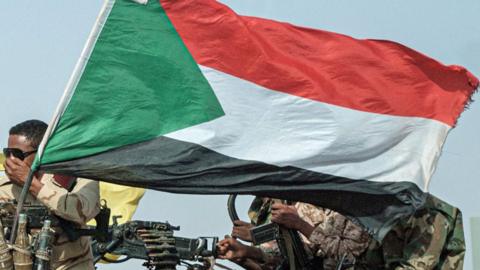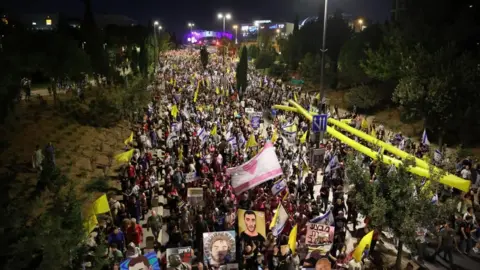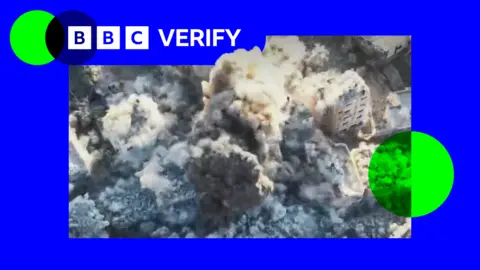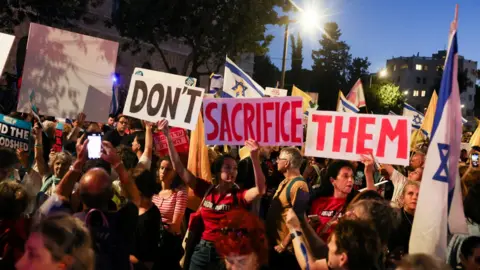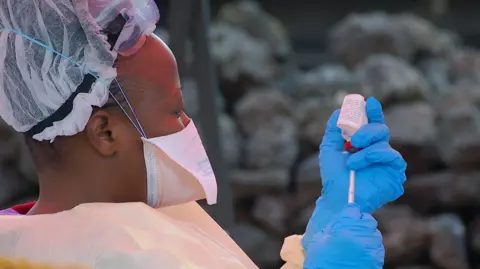In May, Amira embarked on a risky journey through one of Sudan's active war zones after the paramilitary Rapid Support Forces (RSF) seized her city, En Nahud. With no access to hospitals and lacking basic necessities, she felt compelled to leave, knowing that every moment could endanger her pregnancy. There were no hospitals anymore, no pharmacies, she lamented. Travel had become almost non-existent: incredibly difficult and extremely expensive.
As she and her husband made their escape, they faced incessant threats that tested their resolve. The RSF controlled all transport, and Amira described a harrowing incident where the driver of their truck drew a gun in a dispute over fares. Passengers were frozen in fear, desperate not to become victims of violence.
The dangerous journey continued with an overloaded truck navigating treacherous, pothole-ridden roads and enduring breakdowns along the way. Struggling through harsh conditions, Amira feared that labor could begin at any moment, and she prayed for the safety of both herself and her unborn child.
Upon reaching el-Fula, concern grew as the army began to encroach, targeting certain ethnic groups in the ongoing conflict. With increasing threats and a devastating humanitarian crisis unfolding, Amira's refuge seemed tenuous. Despite the overwhelming challenges, she pressed on, finally reaching the relative safety of South Sudan's capital, Juba, before heading to Uganda with a bittersweet mix of relief for her escape and anxiety for those left behind.
Now, as she prepares for motherhood without her family at her side, all she can hope for is that the situation in Sudan improves enough for her to return with her child. I hope that Sudan's situation will improve, Amira concludes, It won't be the same safety as before, but if the war stops, at least there will be some kind of security.\
As she and her husband made their escape, they faced incessant threats that tested their resolve. The RSF controlled all transport, and Amira described a harrowing incident where the driver of their truck drew a gun in a dispute over fares. Passengers were frozen in fear, desperate not to become victims of violence.
The dangerous journey continued with an overloaded truck navigating treacherous, pothole-ridden roads and enduring breakdowns along the way. Struggling through harsh conditions, Amira feared that labor could begin at any moment, and she prayed for the safety of both herself and her unborn child.
Upon reaching el-Fula, concern grew as the army began to encroach, targeting certain ethnic groups in the ongoing conflict. With increasing threats and a devastating humanitarian crisis unfolding, Amira's refuge seemed tenuous. Despite the overwhelming challenges, she pressed on, finally reaching the relative safety of South Sudan's capital, Juba, before heading to Uganda with a bittersweet mix of relief for her escape and anxiety for those left behind.
Now, as she prepares for motherhood without her family at her side, all she can hope for is that the situation in Sudan improves enough for her to return with her child. I hope that Sudan's situation will improve, Amira concludes, It won't be the same safety as before, but if the war stops, at least there will be some kind of security.\

